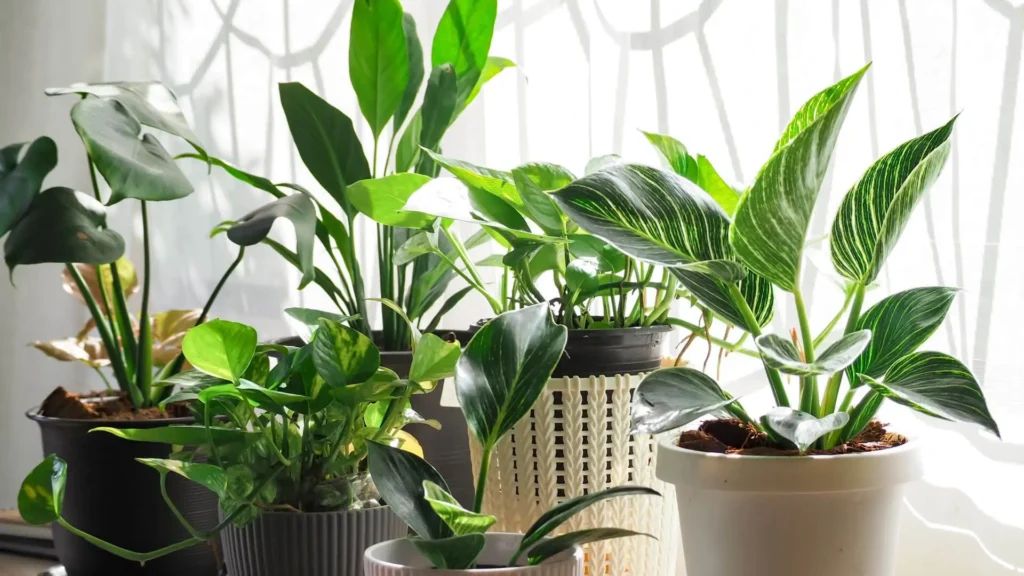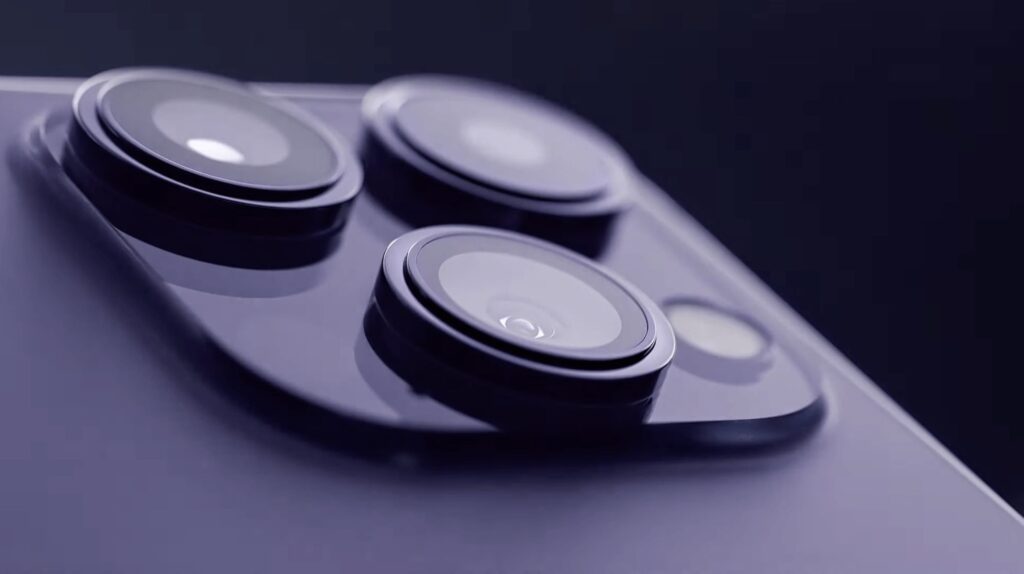If you only looked at Neo Px, you would think it was a normal houseplant. But on a tiny level, this plant is teeming with billions of bacteria that eat pollution.
This week, French biotech company Neoplants released the first bioengineered houseplant to remove dangerous pollutants from indoor air. Chemicals called volatile organic compounds (VOCs) are what it’s after. Gas stoves, paints, and even furniture all give off VOCs.


The American Lung Association says that indoor air can be two to five times (and sometimes up to 100 times) more polluted than open air. Part of the reason for this is that there are more VOCs inside. These chemicals can irritate the eyes, nose, and throat for a long time. They can also give you headaches, make you dizzy, and even hurt your liver or even cause cancer.
According to University of North Carolina environmental science and engineering professor Glenn Morrison, opening windows and removing VOC-producing items is the best approach to eliminate them from your home. Some mechanical air cleaners can remove them, but many produce formaldehyde, carbon monoxide, and ozone.
These selections disappointed Neoplants co-founders Patrick Torbey and Lionel Mora. They claim that opening windows only temporarily reduces interior pollution to outdoor levels and that not everyone can eliminate VOC sources in their houses. They also believe that present VOC removal procedures aren’t worth the drawbacks.
So, they looked to biology to help them come up with an answer. The result, Neo Px, houseplant is 30 times better at cleaning the air inside than the average houseplant, Torbey and Mora told Business Insider.
“What we care about is putting nature at the center of innovation again,” said Torbey.
Read More: What is the Best Time to Take Vitamins?
Making germs work for you
Some types of flowers are better at cleaning the air than others because they are not built to do so. In a 1,500-square-foot home, on the other hand, it would take hundreds of regular flowers to clean the air.
Torbey and Mora wanted to use a single houseplant to clean the air. They broke into the plant’s microbiome to do that.
Pseudomonas putida, the bacteria they wanted, loves benzene, toluene, and xylene. Morrison says that homes can have tens of thousands of different kinds of VOCs. Mora said Neoplants chose to go after these three because they are especially dangerous and common indoors.
According to the Neoplants white paper, this type of bacteria can get all the carbon it needs from VOCs and turn them into safe sugars and amino acids.
Also, these bacteria are usually found in the soil near plant roots, and they work well with the plants that they live on. If Torbey and Mora could figure out how to make these bacteria that eat VOCs work even better, they’d make a natural method for cleaning the air.
They made a new type of Pseudomonas putida that is very good at breaking down VOCs by using directed evolution, which is the process of reproducing organisms in a lab to improve a certain trait over time.
“These are like tiny, tiny air purifying machines that build more air purifying machines the more pollution there is,” he said.
But it was hard to keep these germs in large numbers. Jennifer Brophy, an assistant professor of bioengineering at Stanford University, explained to MIT Tech Review that maintaining the health of plant microbiomes can be challenging, especially when plants are transferred to different locations.
Neo Px uses “power drops,” a monthly solution of designed bacteria, to renew the plant’s microbiome and ensure it’s cleaning the air well. This is similar to changing the filter in an air cleaner regularly.
Read More: Insiders Suggest ByteDance will Close US TikTok Rather than sell it
Some problems
Morrison from UNC suggests considering additional Neo Px issues before buying. “It doesn’t matter how much they modify the plant or modify the bacteria in the soil if they can’t get the air into and through it,” he said.
Neo Px comes in a biodegradable pot with vents for maximum soil-room airflow. However, Morrison argues the circulation would be too tiny to significantly improve residential air quality. “It might remove some VOCs, it just doesn’t remove very much,” he said.
Torbey and Mora believe their proposition will succeed. The use of phytoremediation (plants to purify indoor air) is not widely accepted “Torbey addressed Morrison’s concerns in a later email. He and his colleagues established two VOC measurement rooms in their Paris offices. They will test their phytoremediation technology in these rooms.
“We will be publishing this data as soon as possible to help the world better understand the power of phytoremediation,” he told us.
The Neo Px air cleaning system comes with a marble queen pothos plant, which is a common houseplant that these bacteria love because it can eat VOCs.
Mora and Torbey want to add more types of plants to Neoplants in the future, but for now, you can only buy pothos from them.
The compostable, vented shell comes with the Neo Px package. It has a built-in system for watering itself. “Even people who don’t have a green thumb at all can very easily take care of this plant,” said Mora.
There will be power drops every month for six months with this $119 deal. People can sign up to have them sent to them automatically every three months for $39 when they run out.
Trying to be sustainable
Mora and Torbey love that this new item is created in the US. Even the recycled plastic and farm trash that went into making their shell that water itself is from the US.
Mora said it was hard to do this, but he and Torbey wanted to make their product as close to their key customers as they could. They didn’t understand the point of sending air-cleaning products around the world. Making Neo Px in the US ensured its honesty.
“Our goal was to make a product that would last as long as possible.” “That way, you don’t have to use electricity or throw away filters that are full of pollution,” Mora said.
Neoplants’ main goal is to speed up progress toward answers to even bigger environmental problems, and this model is one way they plan to do that.
“If we project ourselves in five years from now, not only will we have this product family for indoor spaces that people can put in their homes, but we’ll also start hitting some of the first fundamental technical milestones for climate change applications,” said Mora.




